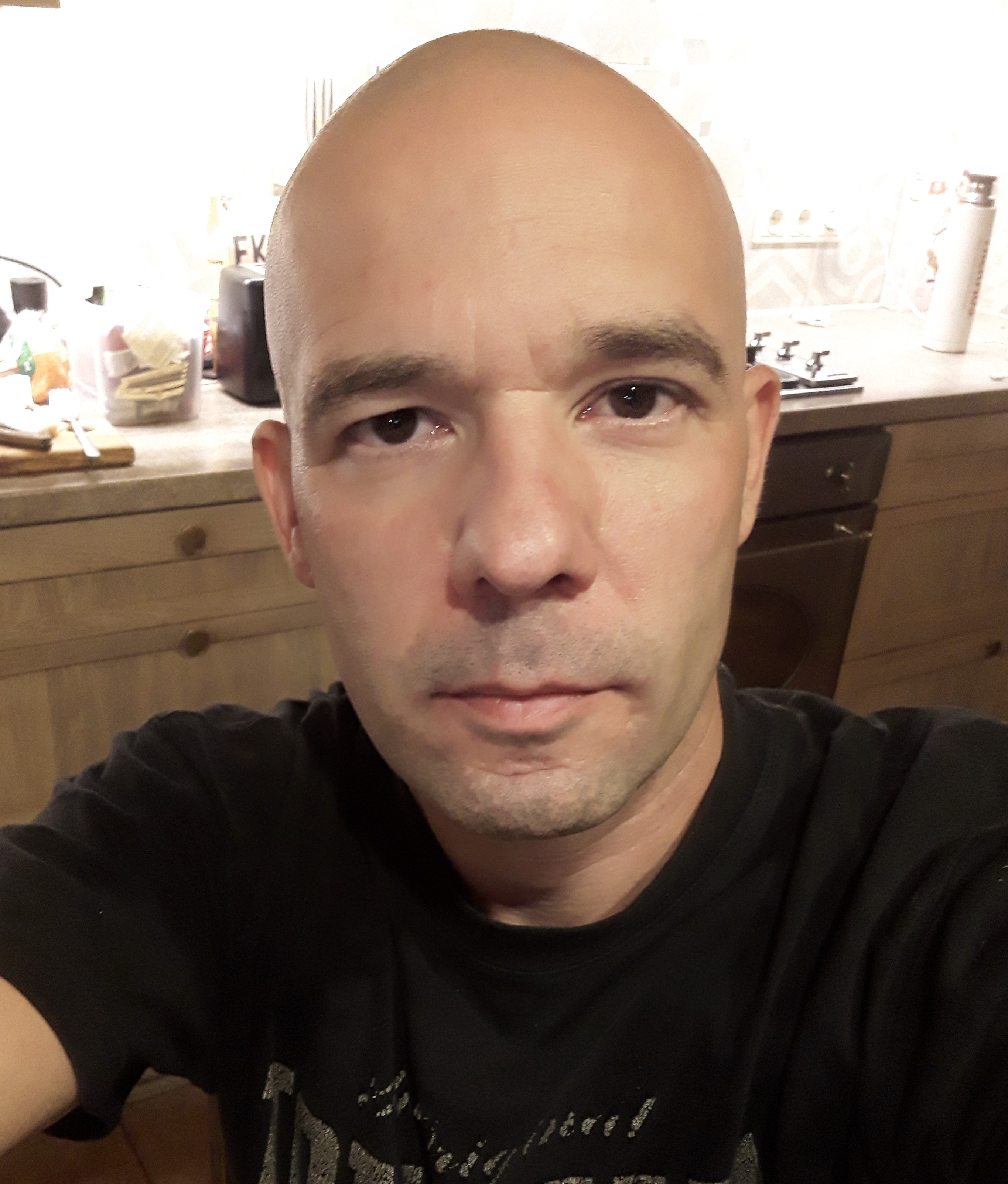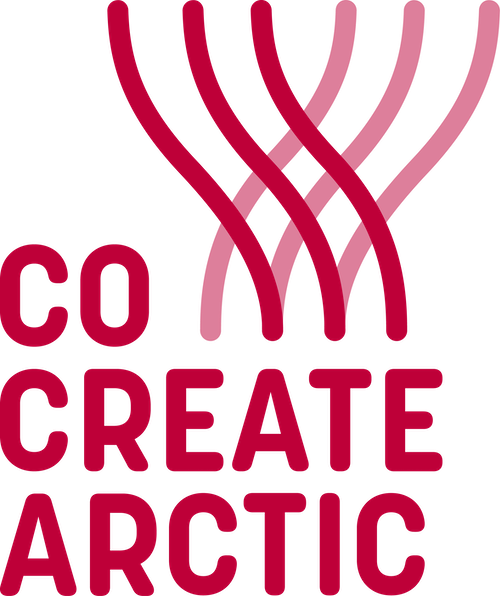
Stephan Dudeck
Berlin, Germany; Tartu, Estonia; and Rovaniemi, Finland
If research doesn’t surprise you, it’s not worth doing, I once heard the Canadian anthropologist Julie Cruikshank say. I think this was one of the reasons why I decided to study anthropology in Berlin in the early 1990s. But another motivation was to counteract the colonial history of the discipline and the political, economic, but also epistemic forms of domination it has brought to Indigenous peoples worldwide. From this perspective, it was only logical that I chose the post-Soviet North as my field of research in order to challenge my perception of the Soviet-German connection, to look at the ‘other end of the pipeline’, and to build solidary research links with Indigenous partners in Western Siberia. As a collective of like-minded students, we initially tried to bring Khanty activists from Siberia to Germany to help them fight the oil industry’s onslaught on their land and environmental destruction, rather than traveling there ourselves. In the years that followed, I was invited to work with and learn from my Indigenous friends about reindeer herding, about relationships with industry and mainstream society, about their concepts of sociality and relationships with non-humans. On behalf of Indigenous partners, I collected oral histories and documented Indigenous rituals, in particular the Eastern Khanty Bear ceremony. A few years ago I moved to work as a researcher and assistant professor at the European University in St Petersburg. Being in Russia made it easier to collaborate with research partners, but these relationships were fractured and severed by Russia’s war on Ukraine. Preserving connections and legacies and doing what I can to fight the war and its consequences for Arctic peoples is now the most urgent task. Without circumpolar solidarity and learning from indigenous forms of relationship building, socialities and epistemologies, I believe this will not be possible.
Co-Create Projects:
- Ethics & Methods in Transformative Arctic Research Series
- Workshop on Ethics and Methods in Arctic Transformative Research (WEMA) II
- A Week of Exchange: Ethics and Methods in Arctic Transformative Research (WEMA) III and DÁVGI final gathering
- DÁVGI - Co-creation for Biocultural Diversity in the Arctic
- CO-CREATE EU Service Grant Roadmap
- Arctic Science Summit Week (ASSW) 2021: Co-creating Arctic Research Together with Indigenous Rights Holders – Sustainable Knowledge
- Arctic Science Summit Week (ASSW) 2023: Co-creating Arctic Research Together with Indigenous Rights Holders
- Perceiving Arctic Change: Climate, Society and Sustainability (PACCSS Workshop)
- 10th International Congress of Arctic Social Sciences (ICASS X) - Shaping Arctic’s Tomorrow through Indigenous Knowledge Engagement and Knowledge Co-Production
- Potsdam Summer School 2023
- Recommendations for Action for ICARP IV
- Arctic Congress 2024

 stephandudeck@gmail.com
stephandudeck@gmail.com
 www.researchgate.net
www.researchgate.net